*** Final conference programme download, please click here. ***
Keynote Speakers

8 August 2023
Senior Director, Hydro-Quebec Research Institute
Christian Bélanger, Hydro-Quebec Research Institute
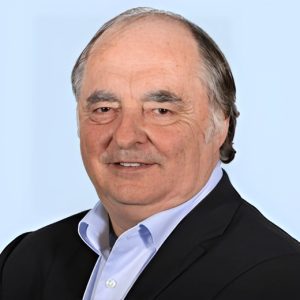
8 August 2023
Challenges and solutions for integrating a vast number of power electronic-based systems in microgrids, distribution, and transmission systems for renewable energy integration
Jean Belanger, OPAL-RT
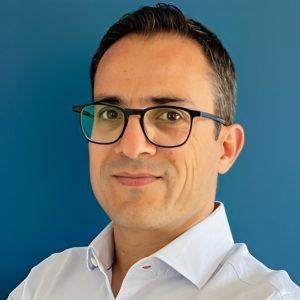
8 August 2023
Power electronics and water treatment: efficient solutions to modern water treatment
Mohamad Mortada, Veolia Water Technologies & Solutions
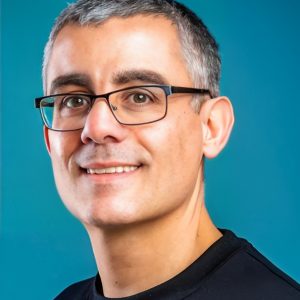
9 August 2023
Safeguarding the EV Ecosystem: reliable and secure ecosystem for the charging needs of EVs and achieving a sustainable transportation sector
Chadi Assi, Concordia University
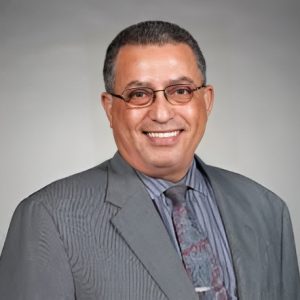
9 August 2023
Challenges in Transportation Electrification, Powertrain Drives & New Power Electronics Architectures
Osama Mohammed, Florida International University
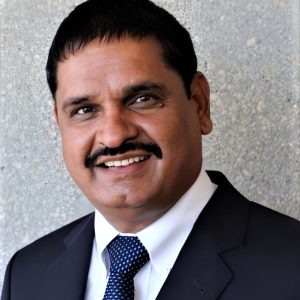
10 August 2023
The Value of Electrification in Heavy-Duty Vehicles
Brij Singh, John Deere Inc.
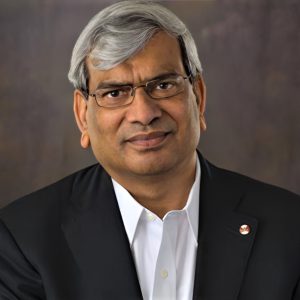
10 August 2023
40-year long journey through power electronics
Praveen K. Jain, Queen’s University
Panel Sessions
Women in Engineering
9 August 2023, 11:00 am – 12:30 pm
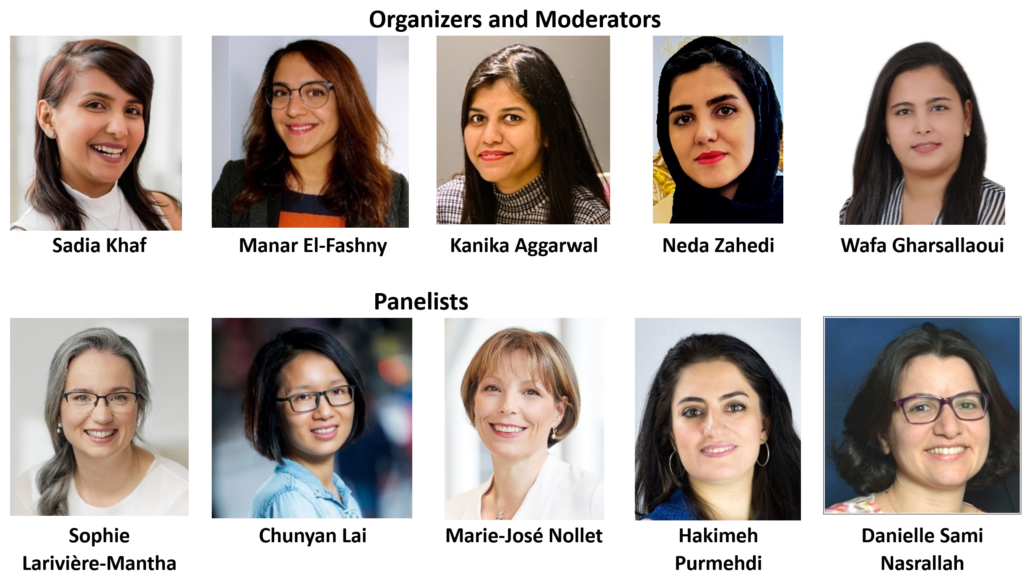
Young Professionals Event
10 August 2023, 11:00 am – 12:30 pm
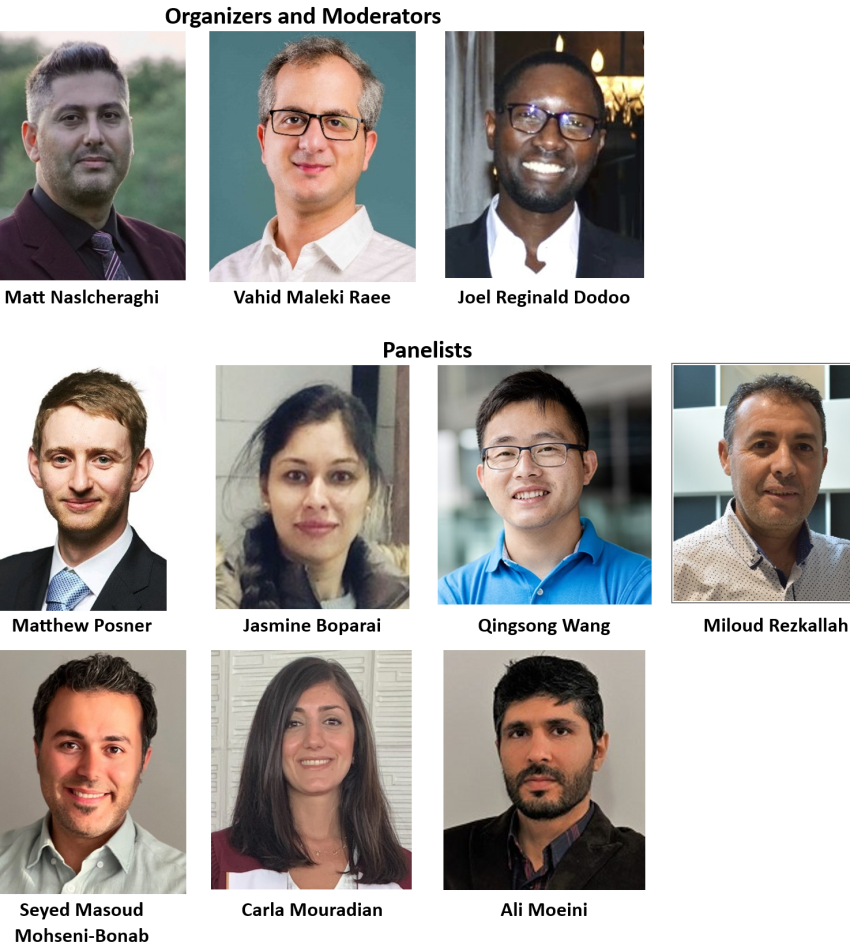
Technical Programme
The conference has a four-day programme, starting from Day 1 on the tutorials. Four excellent tutorials will be conducted. Day 2 starts with the opening ceremony and keynotes, followed by the oral presentation sessions in the afternoon. An industrial visit to the OPAL-RT open house is arranged in parallel with the technical sessions. Day 3 and Day 4 have the keynotes and panel sessions in the moring, followed by the oral presentation sessions in the afternoon. The tentative schedule is shown below.
*** Final Conference Programme, Click here to download.
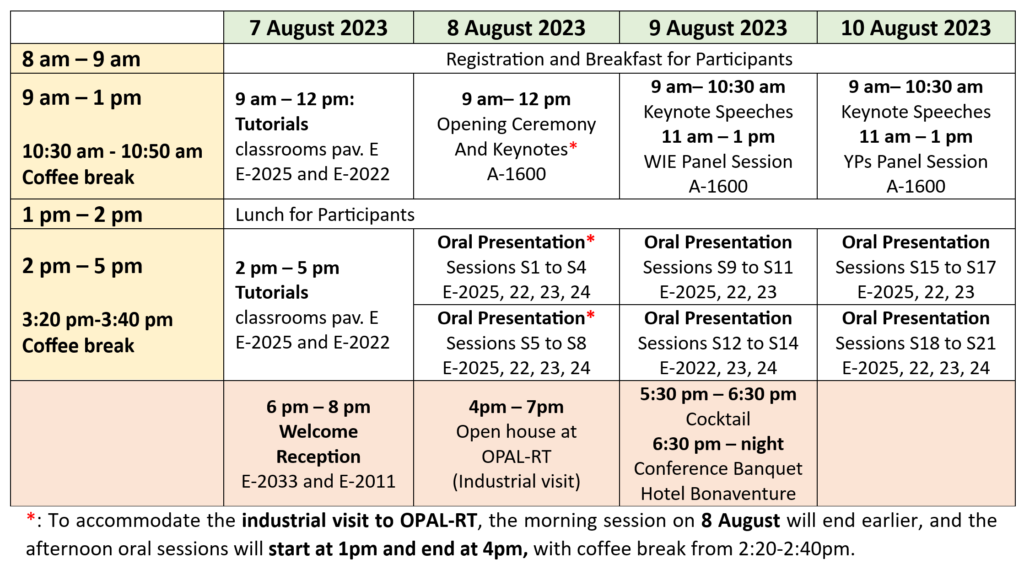
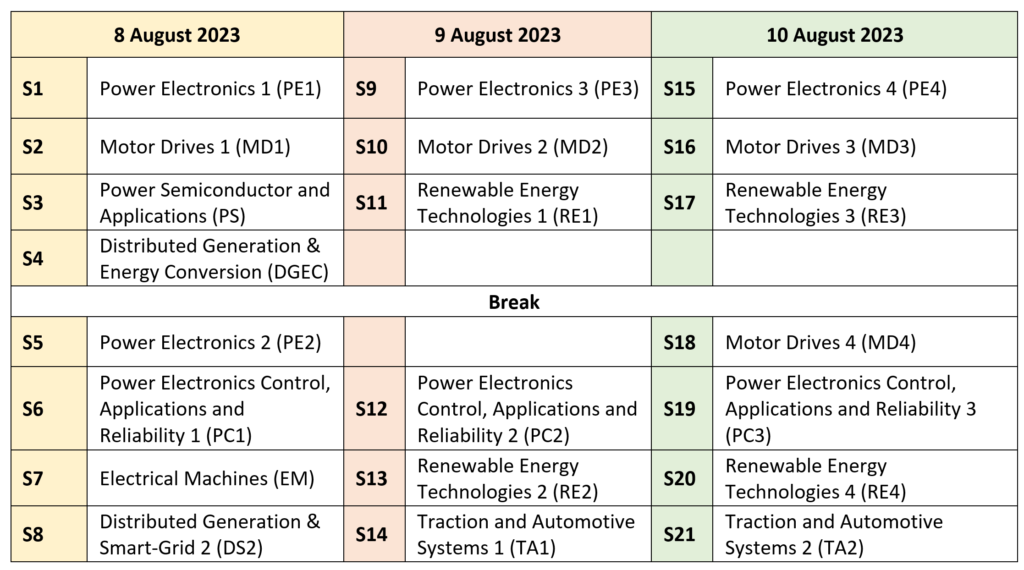
Tutorial Sessions
Four tutorial sessions will be offered in the conference, two in the morning and two in the afternoon on 7 August 2023. The number of participants in each tutorial session will be capped based on the room capacity.
Tutorial 1: Advances in Nonlinear Control of Robotic Manipulators
Time/Date/Venue: 9 am – 12 pm, 7 August 2023 E-2025
Robotic manipulators are widely used in many applications: industrial, space, medical, rehabilitation, etc. These systems are highly nonlinear, multivariable with coupled dynamics. Controlling robot manipulators is a difficult problem considering model uncertainties, external disturbances and unmodeled dynamics. This tutorial will introduce some of the most important nonlinear control techniques for ensuring stability and good trajectory tracking. Some of the robust techniques will be covered and discussed in this tutorial.
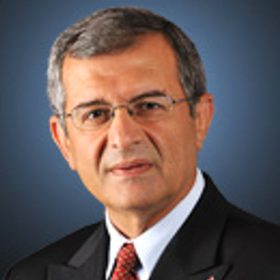
Maarouf Saad obtained a bachelor’s and a master’s degree in electrical engineering from the Ecole Polytechnique of Montreal respectively in 1982 and 1984. In 1988, he obtained a Ph.D. from McGill University in electrical engineering. He joined Ecole de Technologie Superieure in 1987 where he is teaching control theory and robotics in the electrical engineering department. His research is mainly in nonlinear control and optimization applied to robotics and autonomous systems. He is a Senior Member of the IEEE.
Tutorial 2: Motor Drive Topologies in Electrified Air Transportation Systems
Time/Date/Venue: 9 am – 12 pm, 7 August 2023 E-2022
For two decades, the air transportation industry is undergoing a deep revolution, in which most actuators are being electrified. This started with the concept of “power by wire” leading to the well-known more electric aircraft (MEA). Then, electrified propellers have been considered for small air vehicles, like electric vertical take-off and landing (eVTOL) vehicles and very small aircraft. The trend is towards larger aircraft to be propelled by electric motors. The aim is to enhance reliability and propulsion efficiency and reduce maintenance costs and environmental impact. As an example, for vital functions like flight control system and landing system, the target mean time between failures (MTBF) for electric actuators is 109 hours. To get there, the aircraft industry must develop new electronic, electrical, and mechanical components, and look at new means to monitor them throughout their operating life. Hence, the reliability and fault-tolerant capability and control of power electronic converters, electric machines and microgrids become increasingly more important in modern aircraft.
In this tutorial, after a quick overview of the concepts and presentation of some existing motor drive topologies in electrified air transportation systems, the speaker focuses on some specific use cases. Different topologies will be studied and compared in terms of reliability, power density, and cost. Then, some topologies will be selected for which adequate control algorithms will be developed under different operating conditions including fault situations. This includes the state of the art of motor control techniques and their design, performance and robustness supported by simulation and experimental results. Also, some auxiliary functions like active stabilization will be considered. Finally, future challenges and trends in electric motor control for air transportation will be discussed.
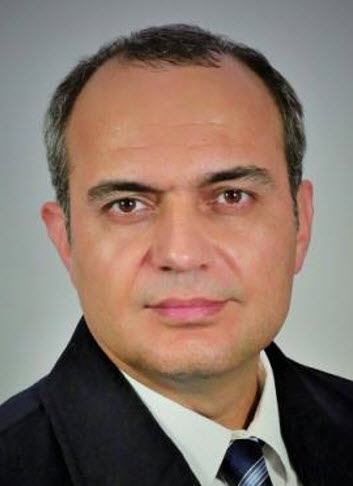
Dr. Babak Nahid-Mobarakeh (M’05–SM’12–F’22) received the Ph.D. degree in electrical engineering from the Institut National Polytechnique de Lorraine, Nancy, France, in 2001. From 2001 to 2006, he was with the Centre de Robotique, Electrotechnique et Automatique, University of Picardie, Amiens, France. In September 2006, he joined the Ecole Nationale Superieured’Electricite et de Mecanique, University of Lorraine, Nancy, where he was a Professor. Since January 2020, he has been a Professor with McMaster University, Hamilton, ON, Canada. Dr. Nahid-Mobarakeh has authored or co-authored more than 300 international journal and conference papers as well as several book chapters and patents. He is the recipient of several IEEE awards. Between 2012 and 2019, he served as the Secretary, Vice Chair, Chair, and Past Chair of the Industrial Automation and Control Committee (IACC) of the IEEE Industry Applications Society (IAS). Currently, he is the Vice Chair of the IEEE Power Electronics Society Technical Committee on Electrified Transportation Systems, and a member of the Power Electronics and Motion Control (PEMC) Council. His main research interests include motor drives, nonlinear and robust control design for power converters and drives, fault detection and fault-tolerant control of electric systems, and design, control, and stabilization of microgrids.
Tutorial 3: Smart Health-conscious Battery Management Systems and Fast Charging Strategies
Time/Date/Venue: 2 pm – 5 pm, 7 August 2023 E-2025
Lithium-ion batteries (LIBs) are frequently used in energy storage systems for electric vehicles (EVs). Adding extra batteries to extend range will increase the cost and weight of EVs. With the development of rapid charging, the problems of range anxiety and long charging periods have been alleviated significantly. Nevertheless, fast, and ultra-quick charging has had a negative impact on battery health, thermal runaway, and other safety issues. Superfast data collecting, processing, control, and accurate state estimate are critical for the effective operations of battery management system (BMS). As a result, smart BMS and sensors are necessary for high-resolution data collection, analysis, and control to capture the dynamics of the operational environment and the nonlinear characteristics of LIB. As a result, there is a lot of wire harnesses within the BMS. As a result, wireless BMS will be critical in reducing wire harness and increasing flexibility. Moreover, smart, and intelligent BMS requires lightning-fast data collection, precise state prediction, and control, where Internet-of-things and machine learning approaches will be important.
As a result, this session will go through some of the existing fast charging algorithms, their health implications, and new fast charging strategies for best performance in terms of battery health, safety, and longer cycle life. In addition, issues connected to inadequate thermal management control will be identified, along with viable remedies. Insights on the utilisation of data-driven techniques and electromagnetic impedance spectroscopy for battery diagnostics, remaining useful life prediction, and remaining useful capacity estimation will be covered in this tutorial. Particular attention will be placed on estimating the status of unknown old batteries and second-life LIBs. Current advances, new trends, and, most crucially, the impediments to commercialization of research ideas in the targeted sector will be discussed. Moreover, an overview of hybrid energy storage systems including different chemistries of LIB, supercapacitors, and solid-state batteries along with the concept of reconfigurable battery pack for EV applications will be discussed.
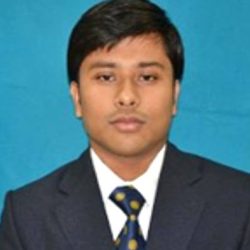
Akash Samanta received B. Tech degree (1st class) in Electrical Engineering from the West Bengal University of Technology in 2012. He also received M. Tech (1st class) and MBA (1st class) degree in Electrical Engineering and Energy Management from the University of Calcutta in 2018 and 2014 respectively. From 2014 to 2018 he was a Project Officer and Solar Energy Master Trainer with the Department of Energy Management, Indian Institute of Social Welfare and Business Management, Kolkata, India. He is currently a Doctoral Research Scholar with the Department of Electrical, Computer, and Software Engineering at Ontario Tech University, Oshawa, ON, Canada. His research interest includes electric energy storage systems, battery management systems, power electronics converters, and the application of machine learning and artificial intelligence in the related field. He conducted tutorials, special sessions, and short courses at several flagship IEEE conferences such as IECON, SPEC, and ITEC.
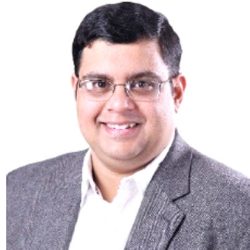
Sheldon Williamson (Fellow, IEEE) received the B.E. degree (Hons.) in electrical engineering from the University of Mumbai, Mumbai, India, in 1999, and the M.S. and Ph.D. degrees (Hons.) in electrical engineering from the Illinois Institute of Technology, Chicago, IL, USA, in 2002 and 2006, respectively. He is currently a Professor with the Department of Electrical, Computer and Software Engineering and the Director of Smart Transportation Electrification and Energy Research (STEER) Group, Faculty of Engineering and Applied Sciences, Ontario Tech University, Oshawa, ON, Canada. His current research interests include advanced power electronics, electric energy storage systems, and motor drives for transportation electrification. He holds the prestigious NSERC Canada Research Chair position in electric energy storage systems for transportation electrification. He conducted tutorials, special sessions, and short courses several flagship IEEE conferences such as APEC, ECCE, IECON, ITEC.
Tutorial 4: Real time simulation of resonant converter with OPAL-RT simulators
Time/Date/Venue: 2 pm – 5 pm, 7 August 2023 E-2022
As power density is a priority in recent power electronics designs, resonant converter topologies become a mainstream solution for low and medium power DC-DC conversion applications. Their high switching frequency characteristic, along with their makes it challenging to simulate accurately in Real-time. This tutorial will demonstrate what are the key features to be capable to simulate in real time a LLC resonant converter, and how industrial partners were using the eHS gen5 FPGA-based Power Electronics simulator to leverage Hardware in the loop simulation for the validation of a On Board Charger.
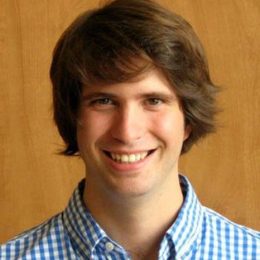
Sebastien Cense received his B.S. and M.S. degrees in microelectronics from the ISEN Engineering School in Lille, France in 2010. His final paper on FPGA embedded command of polyphase motor using space vector algorithm was conducted at the L2EP lab in collaboration with OPAL-RT. He joined OPAL-RT in October 2010 where he has been engaged in developing FPGA application solutions such as rapid control prototyping and electric motor simulation. Sebastien contributed in a number of projects involving FPGA-based hardware-in-the-loop and power-hardware-in-the-loop for power-electronics application, as well as the design and development of the eHS solution. Currently, he is the eFPGASIM division lead and offering manager of the power conversion market at OPAL-RT Technology.
Conference Registration
All participants should register with the conference by the Easy Chair Conference system. The conference registration rates (in Canadian Dollars) are listed below. The full registration (IEEE members and regular participants) covers the tutorial session, technical session attendance and conference banquet. Student registration covers the tutorial session and technical session attendance only without conference dinner banquet.
The full registration is inclusive of the banquet dinner. Additional banquet tickets for the accompany persons can be purchased at $300. Student registration does not include the banquet dinner, but is given a student discounted price, which is $200 for the purchase of banquet ticket.
Please note that each full registration will cover two technical papers. Student registration does not cover any paper publication at the conference. Please provide your paper IDs in the Easy Chair Registration process. Please note the conference registration has a levy of $150 on the cancellation policy, if to cancel the registration fee before 7 July 2023. After 7 July 2023, no refund will be made if to cancel the registration.

